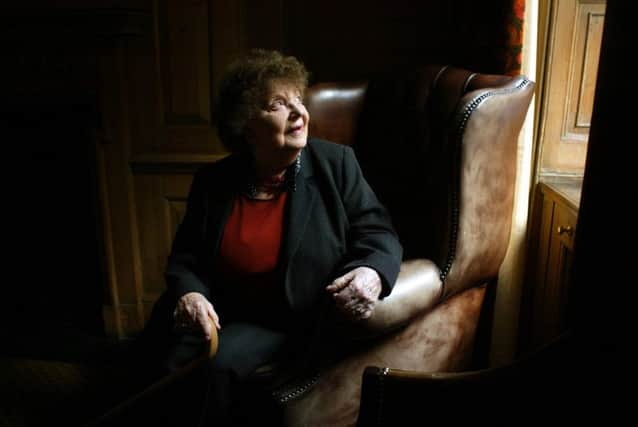Arts preview of 2018: Allan Massie on the year ahead in books


Trying to select 2018 books to preview is really a sort of lucky dip in publishers’ catalogues, so inevitably one omits books which one will find on publication to be really good. I have two already on my desk, both of great general interest, but especially to Scottish readers. The first is Graham Robb’s The Debatable Land (Picador.) Robb started as a literary biographer – a very good one – but has established himself as a masterly investigator of what one might call submerged history with The Discovery of France and The Ancient Paths. Moving a few years ago to a house on the Border between England and Scotland, he became fascinated by that strange little enclave that was “neither Scottish not English”. This book is the result.
Stuart Kelly is of course well-known to readers of The Scotsman and Scotland on Sunday, but the story he tells and analyses in The Minister and the Murderer (one and the same man) is now perhaps forgotten by many, unknown to more. This is more than the narrative of an interesting true crime and (perhaps) redemption case. Robert Macfarlane calls it “at once a history of the Church of Scotland, a meditation on the natures of faith and sin, and a searching enquiry into the soul and conscience of its own author.”
Advertisement
Hide AdColin Kidd is one of the finest and, for some, most disturbing, of Scottish historians today, disturbing because he challenges comfortable stereotypes. Now, with Gerard Carruthers, he has edited a collection of essays entitled Literature and Union (OUP) which, cat-like, may scatter a few pigeons.
Even those of us deeply interested in the classical world have gaps in our knowledge. It sometimes seems that the Greeks drop out of history after Alexander the Great. Of course they didn’t. In Age of Conquests (Profile), Angelos Chaniotis surveys the history of the Greek World from Alexander to the Roman Emperor Hadrian (born in Spain but besotted by Greek civilization).
Having written books on Vichy France, I look forward to reading The Saboteur by Paul Kix, the story of a very brave young French aristocrat who was sent by the British SOE to liaise with the Resistance, performed heroically, remained proud of what he and his comrades achieved, yet also, as I have heard, developed doubts in old age about the morality of at least some aspects of irregular warfare.
Mario Vargas Llosa has won the Nobel Prize for Literature (more deservedly than some). Older readers may remember a fine lecture he gave in Edinburgh when he was the recipient of the old Scottish Arts Council’s Neil Gunn Fellowship (long ago sadly discontinued). His new novel The Neighbourhood is described as a political thriller. It will also, I expect, be intellectually provocative and stimulating.
Philip Hensher is a very good novelist who seems too often to miss out when prizes are awarded. This may be because there is usually one slack self-indulgent passage or episode in what is otherwise an engaging and well imagined and thoroughly realised novel. Nevertheless, all his novels offer much to enjoy. He has the ability to write well about people quite unlike himself, and this is rarer than many may suppose. His new novel is entitled The Friendly Ones.
Kurt Vonnegut’s Complete Short Stories are to be available in an American edition (Seven Sisters Press), a huge book, reader-unfriendly, which is a shame, because Vonnegut’s stories retain their charm. “God-dammit,” he used to say,” you gotta be kind”. This is an unusual sentiment in our nasty times; nevertheless worth dwelling on. Our own Alexander McCall Smith has proved that readers value kindness. The Second Worst Restaurant in France (Birlinn) sounds like vintage McCall Smith.